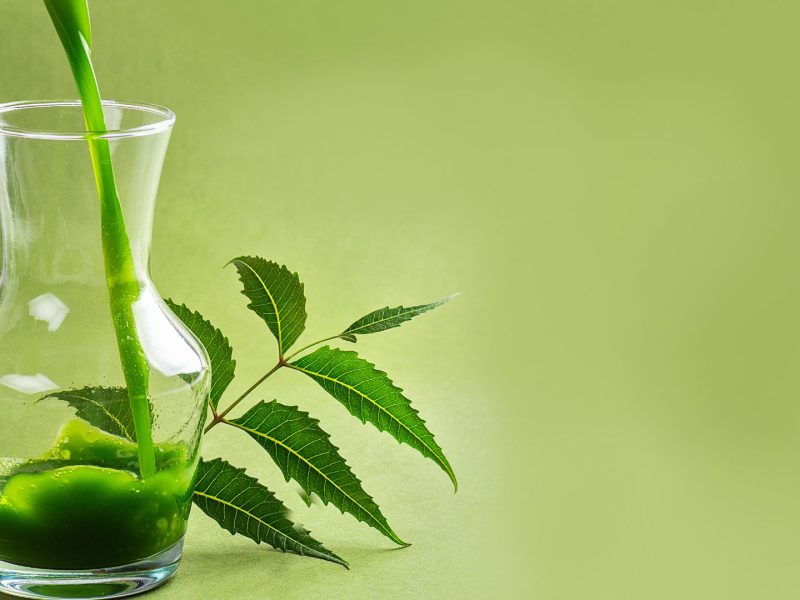For centuries, mustard baths have been hailed as a natural remedy for everything from colds and congestion to muscle pain and stress relief. Originating in England, this traditional practice has been passed down through generations as a way to promote overall wellness. But does a mustard bath really work, or is it just an old wives’ tale? Let’s take a closer look at the science behind this ancient remedy.
What Is a Mustard Bath?
A mustard bath is a therapeutic soak that involves adding mustard powder—often mixed with Epsom salt, essential oils, and other natural ingredients—to warm bathwater. The belief is that mustard’s warming properties help draw out toxins, stimulate circulation, and promote relaxation.
The Alleged Benefits of Mustard Baths
Proponents of mustard baths claim they offer a range of health benefits, including:
- Detoxification: Mustard is thought to help remove toxins through sweating.
- Relief from Congestion: The warming properties of mustard may help open up airways and ease respiratory issues.
- Muscle and Joint Pain Relief: The heat generated by mustard is believed to relax sore muscles and reduce inflammation.
- Stress and Fatigue Reduction: Essential oils like eucalyptus or rosemary, often added to mustard bath blends, can enhance relaxation and improve mood.
Does Science Support Mustard Baths?
While there’s limited scientific research specifically on mustard baths, some aspects of this remedy do have scientific backing:
- Increased Circulation: Mustard contains compounds that can create a warming sensation, increasing blood flow to muscles and joints, similar to the effects of capsaicin (found in chili peppers).
- Mild Antimicrobial Properties: Mustard seeds contain allyl isothiocyanate, a compound known for its antimicrobial effects, which may help cleanse the skin.
- Aromatherapy Benefits: Many mustard bath formulas include essential oils, which have been studied for their ability to reduce stress and promote relaxation.
However, claims that mustard baths “draw out toxins” lack scientific evidence. The body naturally detoxifies through the liver and kidneys, and no bath—mustard or otherwise—can replace these functions.
Are Mustard Baths Safe?
For most people, mustard baths are safe and can be a soothing addition to a self-care routine. However, there are a few precautions to consider:
- Skin Sensitivity: Mustard can be irritating to sensitive skin. Always do a patch test before soaking.
- Allergies: Those with mustard allergies should avoid mustard baths entirely.
- Pregnancy and Medical Conditions: If you have a medical condition or are pregnant, consult a doctor before trying mustard baths.
Final Verdict: Do Mustard Baths Really Work?
While mustard baths may not be the miracle detoxifier some claim them to be, they can still provide real benefits, particularly for relaxation, circulation, and muscle relief. If you enjoy warm baths and are looking for a natural way to unwind, a mustard bath might be worth trying. Just be sure to use it safely and manage expectations—it’s a soothing tradition, but not a medical cure-all.
Have you ever tried a mustard bath? Share your experience in the comments below!



